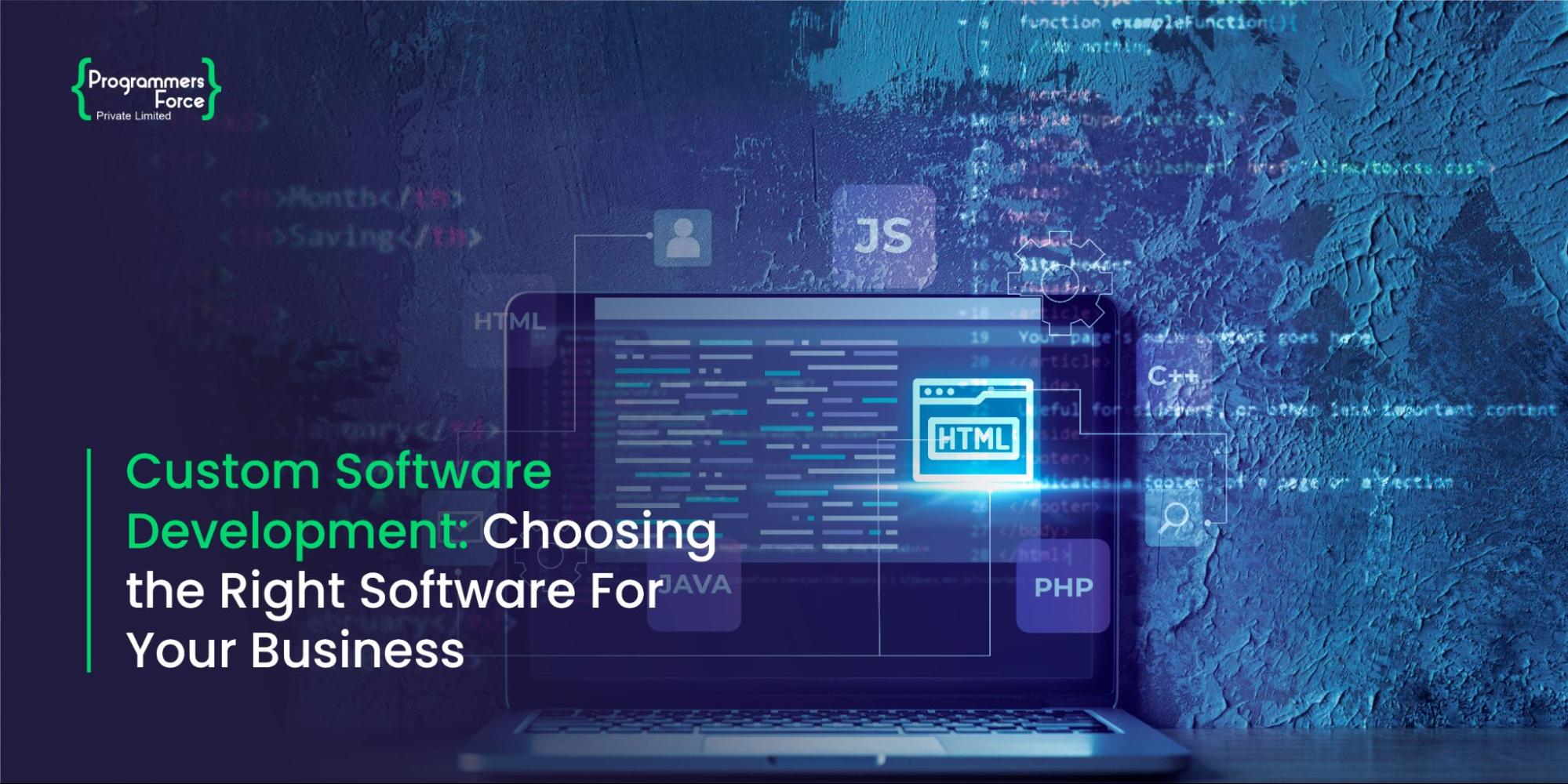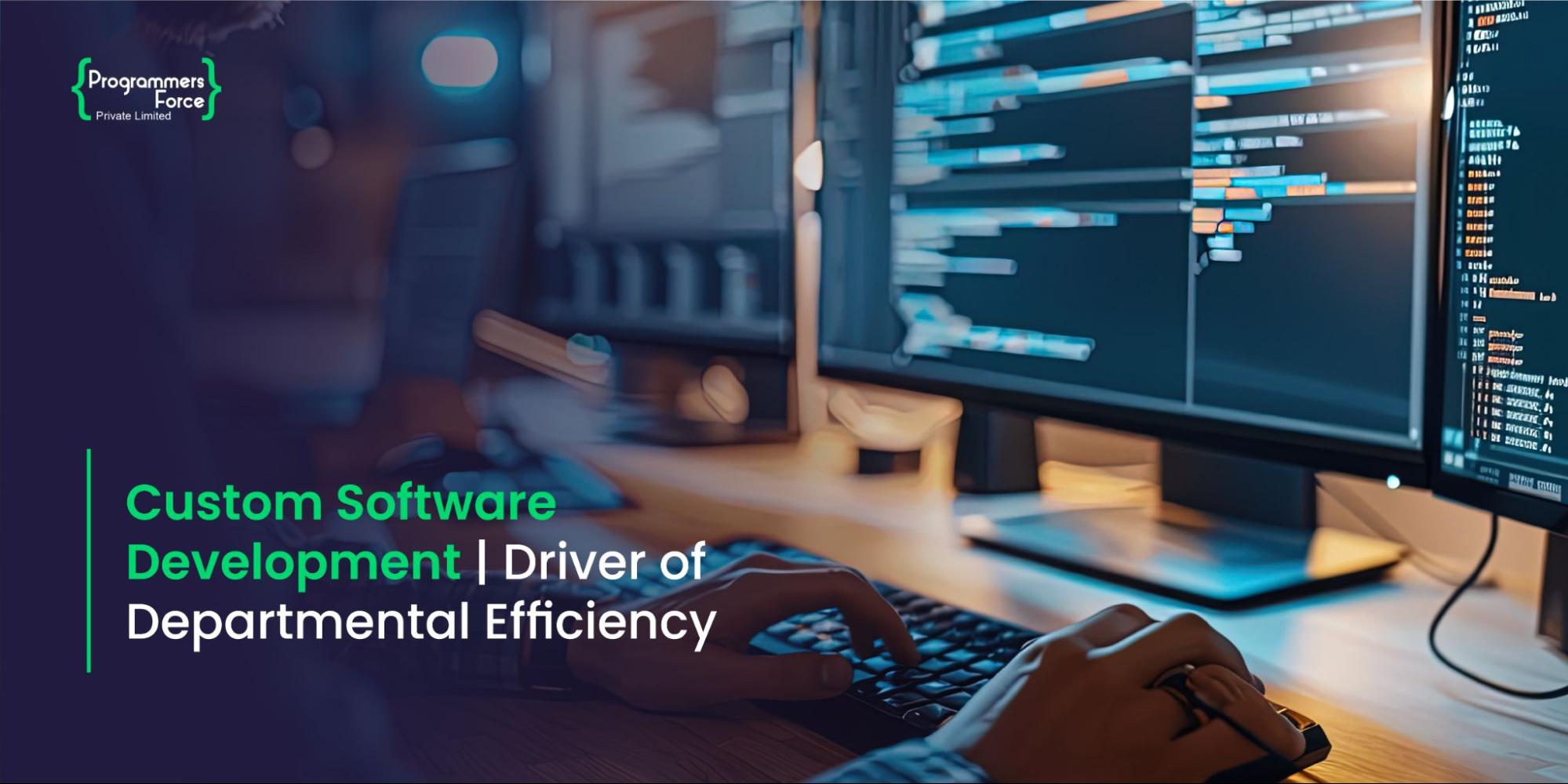
Top 10 DevOps Trends that Revolutionize Software Development
In the realm of software development, multiple technologies are emerging at a rapid pace.
Technology firms are investing enormous revenues in developing stacks and approaches such as DevOps. This futuristic approach minimizes traditional interaction constraints between the development and operational teams.
The global DevOps market size was valued at $6.78 billion in 2020 and is expected to cross $57 billion by 2030. These numbers identify the great demand for the approach towards modern development.
DevOps has a unique way of doing things, and it is becoming the most used technique in the software development industry.
Top Trends in DevOps
The shift towards the DevOps approach involves great communication, transparency, and an increase in customer interaction throughout the development cycle. The method greatly improves the quality of the product, with on-time project delivery. As the name suggests, DevOps is the continuous collaboration between the development (Dev) and operational (Ops) teams, allowing them to develop innovative solutions seamlessly. Here are the top trends that are transforming the DevOps methodology.
1. Serverless Computing
Serverless computing is an emerging concept that many organizations are adopting.
It is where an organization outsources the infrastructure and its tasks to third-party firms. It transforms the way IT organizations operate using the DevOps approach.
Serverless options are great for creating solutions to eliminate the risks and problems related to pipeline management. Teams can focus on the development and deployment of the program.
2. Low Code Application
DevOps is boosting the overall lifecycle of software development. Low-code platforms are emerging tools in the modern-day world that extend the benefits of agile development and DevOps processes.
Companies are investing in low-code or no-code development approaches, and it is becoming a swift method for many developers that don’t have a considerable grip on coding.
Low-code application development speeds up development operations, and the use of DevOps improves flexibility while reducing the complexity of the system. DevOps unlocks the agility to help any company achieve their targets edges in the fast-moving and demanding software development landscape.
3. AI-Driven DevOps
Incorporating AI into any development process makes it quite fast and efficient. The future of software is driven by artificial intelligence. In the near future, AI will overtake almost all essential development procedures.
AI-driven DevOps methodology will contribute to the traditional approach by automating things. It is becoming an essential solution for many operational processes. Other than just operations tasks, It automates the tasks of developing, delivering, deploying, and managing the applications, minimizing the computations required in everyday operations.


4. GitOps
GitOps refers to an operational procedure that works on code-based infrastructure. It is an evolving version of infrastructure used by firms for best practices in software development.
This strategy of doing things using the cloud was introduced in 2017 and is a feasible solution for cloud-native applications. It is the next trend to look out for in the future.
GitOps is a very efficient tool for version control and collaboration (CI/CD). GItOps has recently been added to the DevOps workflow to automate the control infrastructure. Using Git pull requests, developers can manage software deployment.
5. Infrastructure as Code
IAC will be one of the leading trends in DevOps and will facilitate the development and management of solutions in the future. It uses modern concepts such as AI and ML (Machine learning) to automate the infrastructure solution instead of manual approaches.
IAC applies different DevOps approaches, such as continuous monitoring, virtualization, testing, and version control, to the underlying code.
6. DevSecOps
Security is always a significant concern for every business. DevSecOps refers to development, security, and operations. It is a software development practice for integrating security into every part of the application lifecycle.
It is an implementation of DevOps, adding security into the development pipelines and enabling security enthusiasts. DevSecOps will become a promising concept to tackle the most urgent concerns.
7. SRE
Site Reliability Engineering is the next installment in the field of DevOps and will contribute to the future trend of software development. Site reliability engineering is a strategy that adds high availability and dependability to the DevOps approach.
The practice uses software tools to automate IT infrastructure tasks such as system management and application monitoring, ensuring the reliability of the application amidst frequent updates from the development team.
Observability
One of the major trends to pursuing a career in DevOps and contributing to the methodology and software tools for assisting Dev and Ops teams in the creation, gathering, and analyzing of massive volumes of data. Observability will help in building distributed applications, providing in-the-moment insights.
9. Multi-Cloud Environments
DevOps and cloud complement each other in various development concepts. The combination provides benefits to software development as it enables continuous synchronization, adding value and backup. It also improves productivity count and together makes up a synonymous relationship to create a well-established pipeline.
Kubernetes
Kubernetes, which is called K8, is a commonly used abbreviation for an open-source platform that aids in managing workloads and containerized services. Developers may scale up or down on the resources thanks to the continuous and autonomous container-based ecosystem it offers for integration. One of the main reasons why it has emerged as one of the top DevOps trends for 2023 is this. In recent times, 48% of developers have used Kubernetes to integrate containers.
Additionally, Kubernetes supports cross-functional collaboration and ensures that deployment downtime is minimal to comply with industry standards and the best DevOps practices.
What Programmers Force Offers
DevOps is one of the major approaches used by many organizations in their software development processes. It is an in-demand technique that is expected to evolve in the future. This write-up covered all the trends that can get a boost in market demand for the year 2023.
We at Programmers Force are delivering the best software development and IT solutions that bring innovation to human lives. DevOps professionals are highly welcome to be a part of this journey of the digital revolution.










